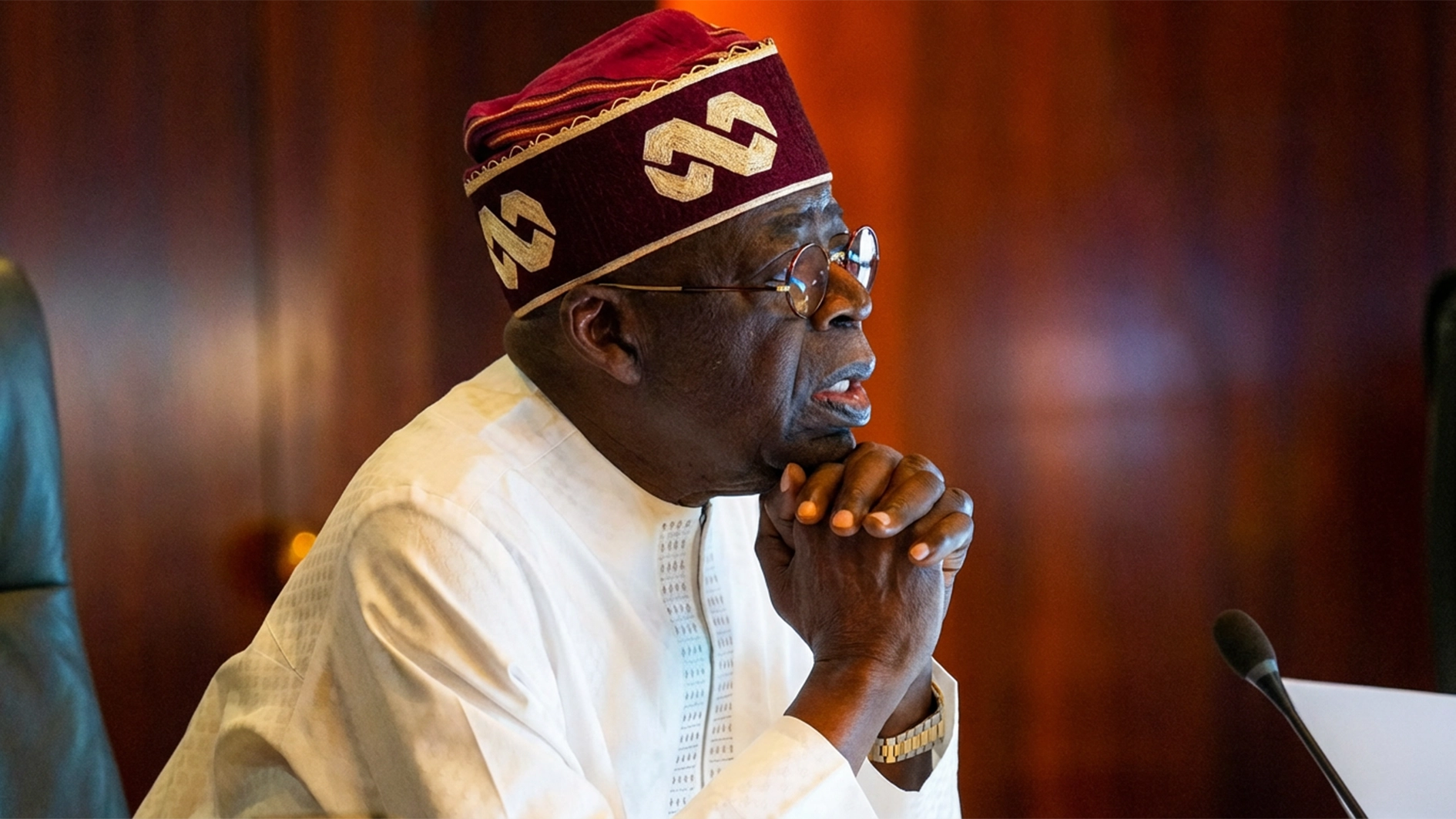The Human Rights Writers Association of Nigeria (HURIWA) and a retired judge, Justice Alaba Omolaye-Ajileye, have both commended the Director-General of the Department of State Services (DSS), Mr Oluwatosin Adeola Ajayi, for awarding compensation to six individuals who were wrongfully detained by the Service.
The beneficiaries, including Mrs Chineze Ozoadibe, collectively received N20 million in damages, a gesture that has been described as a rare but significant step towards institutional accountability.
Justice Omolaye-Ajileye, who now serves as a visiting professor at the National Open University of Nigeria (NOUN), said the compensation was not only a corrective act but also an affirmation of the DSS’s willingness to uphold justice.
“The award of N20 million in total compensation to these wrongfully detained individuals showcases Mr. Ajayi’s total dedication to rectifying mistakes, building public trust, and upholding justice,” he observed.
He added that the move “sets a positive precedent for other security agencies to follow and underscores the DSS’s commitment to protecting the rights of Nigerian citizens.”
HURIWA echoed similar sentiments, saying the gesture, alongside recent judicial approaches adopted by the DSS under Mr Ajayi, reflects an emerging culture of accountability within the agency.
In a statement signed by its national coordinator, Comrade Emmanuel Onwubiko, the organisation said: “The decision to challenge Professor Pat Utomi’s plan to form a shadow cabinet in court, rather than resorting to unlawful arrest or detention, is a significant step towards entrenching democratic principles.”
According to the group, the DSS’s reliance on judicial interpretation in politically sensitive cases marks “a refreshing departure from the long-standing culture of arbitrary clampdowns on dissenting voices.”
Onwubiko added: “By seeking judicial interpretation, the DSS has shown that law enforcement can safeguard internal security while still respecting constitutional freedom. This approach aligns with global best practices in democratic governance.”
The rights group also noted that the award of compensation was not an isolated instance but part of a pattern of reforms.
“These actions, the fourth that has become public knowledge, demonstrate that the DSS, under Mr. Ajayi, recognizes that mistakes are inevitable in security operations. However, what defines professionalism is the courage to admit errors and offer redress,” it stated.
HURIWA called on the DSS leadership to formalise these measures through codified practice directions to ensure consistency. “We urge the DSS to codify these reforms into official practice directions so that the principles of compensation, accountability, and respect for due process become entrenched in the Service’s operations,” the statement read.
Both HURIWA and Justice Omolaye-Ajileye agreed that the Service’s recent posture, if sustained, could strengthen the relationship between security institutions and the public. As HURIWA concluded, “The DSS has set a standard that others must follow; one where internal security is pursued without trampling on fundamental rights. If sustained, this new culture will enhance professionalism, boost public confidence, and consolidate Nigeria’s democratic values.”






